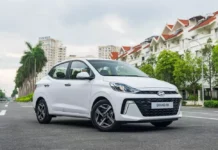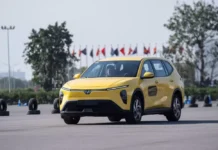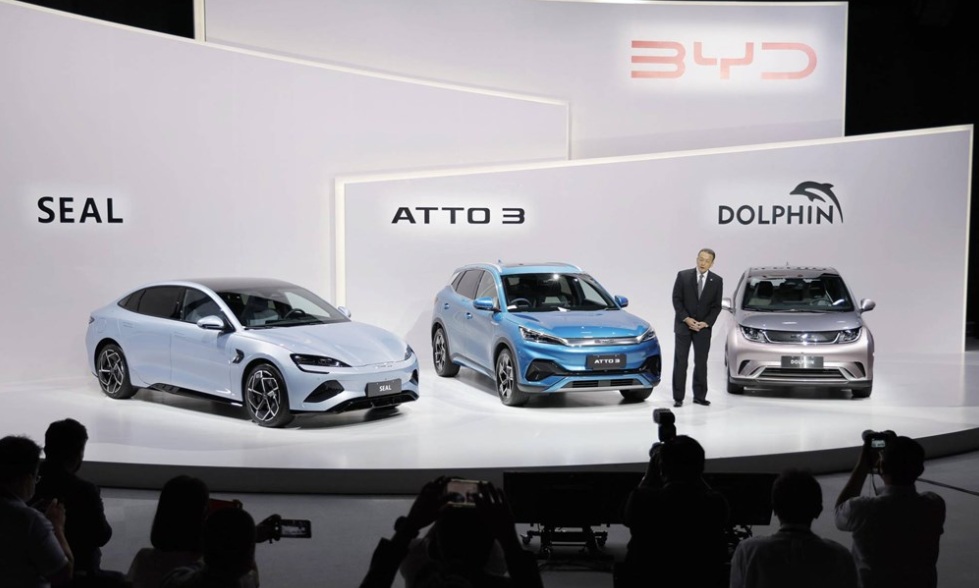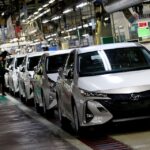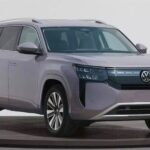China’s State Administration for Market Regulation (SAMR) recently convened a meeting with senior leaders from major corporations in the solar energy, automotive, and technology sectors.
The gathering aimed to address the negative spiral of competitive pressures, as businesses continuously slash prices to gain market share, resulting in declining profits and stagnating technological innovation.
In attendance were executives from companies such as BAIC Group, Mercedes-Benz, Alibaba Group, JD.com, Trina Solar, JA Solar Technology, and Longi Green Energy Technology. However, notable absentees from the meeting included some of the major players in China’s intense auto pricing war, such as BYD, Geely, Tesla, and Chery.
Their absence raises questions about the effectiveness of Beijing’s plans to curb price-cutting. The issue of “neijuan” has become a pressing concern for the Chinese government, referring to the phenomenon where businesses heavily invest in production but fail to reap corresponding profits.
It has severely impacted China’s solar energy and electric vehicle industries, driving prices to unsustainable levels. The National Development and Reform Commission (NDRC) has identified this as a priority issue to be addressed by 2025.
As of now, the policies put forth by the administration lack clarity, causing skepticism among Chinese businesses. BYD and Geely, the current frontrunners in China’s auto price war, were notably absent from the meeting, indicating their disbelief that government intervention will alter the market’s fundamental dynamics.
While recognizing the negative implications of the price war, the Chinese government has been cautious about direct intervention. Their intervention carries risks; imposing price controls or tighter regulations could stifle competition and reduce market dynamism.
On the other hand, allowing unchecked price wars could lead to industry instability and economic downturn. The challenge for policymakers is to maintain fair competition without compromising the stability of these sectors.
TH (Tuoitrethudo)
























